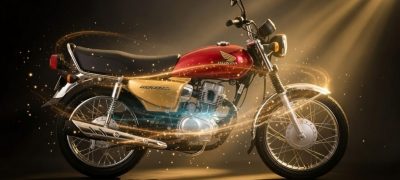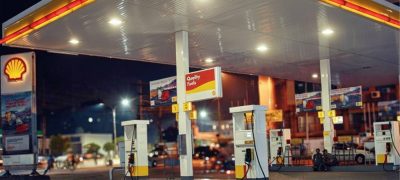The electric vehicle (EV) business in Pakistan has vanished into thin air as a result of the country’s economy’s recent downturn.
The Engineering Development Board’s (EDB) Policy Manager, Engineer Asim Ayaz, told WealthPK that EVs are environmentally friendly and might lower the nation’s reliance on imported oil, which makes up a significant portion of its import costs.
12 out of 21 businesses have been granted licences by EDB to produce and assemble EVs in Pakistan. Ayaz emphasised that Pakistan currently has a very low adoption rate for EVs, which is 2.2% for two- and three-wheelers and 0% for four-wheelers.
He added that MG and DICE Foundation are in the process of getting a license to assemble EVs in Pakistan. Ayaz highlighted:
To increase the EV purchasing intent and promote the EV development in Pakistan, we may have to make some important policy suggestions as a result of our findings, which offer key insights for rapid adoption and acceptance of EVs. Lack of charging infrastructure is a major challenge for wider adoption of EVs in Pakistan. The participating companies are not fully prepared to fulfil the requirements of charging stations [installation] and their successful work. The government needs to invest in the charging stations across the country.
Dr. Junaid Alam Memon, director of the Centre for Business and Economic Research at the Institute of Business Administration (IBA), noted that Pakistanis are unaware of the advantages of EVs.
Memon spoke in favor of EV production in Pakistan, stating that the national EV policy is achievable because EVs are easier to produce, have fewer parts, and require fewer personnel on the assembly line. They are less expensive and require less upkeep.
Reality
Although Memon’s remark is partially right, a critical aspect is lacking from his reasoning. Due to the high cost of electric motors, chassis, and battery development, current EVs are prohibitively expensive to produce.
Furthermore, EVs currently do not have the same lifespan as a normal fuel-powered automobile, which weakens their case. A automobile with an Internal Combustion Engine (ICE) can live up to 15 years on average, whereas an EV can only last a decade.
Also Read: Lotus introduces all new sporty electric SUV in Malaysia
When an EV’s battery dies, it must be replaced, which is both time-consuming and expensive. An ICE vehicle is more easier and less expensive to restore.
Furthermore, charging an EV is more difficult than refuelling an ICE vehicle.
To begin, the fastest time for an EV to charge has been reported at 15 minutes. The EV in question was a Lucid Air, a premium and exceedingly costly electric vehicle.
In comparison, a typical ICE automobile takes less than 5 minutes to refill. If you intend to charge your EV at home, you will need a decent, very expensive charging arrangement, as it can take up to 12 hours to fully recharge a car.
While China has solved the issue of development costs to some extent, it should be remembered that this was due to production economies of scale.
For Pakistan to get cheap EVs, automakers must first completely indigenize the production and create a real need for them to push the sales, despite the hefty price tags. In the current economic situation, that seems impossible.








